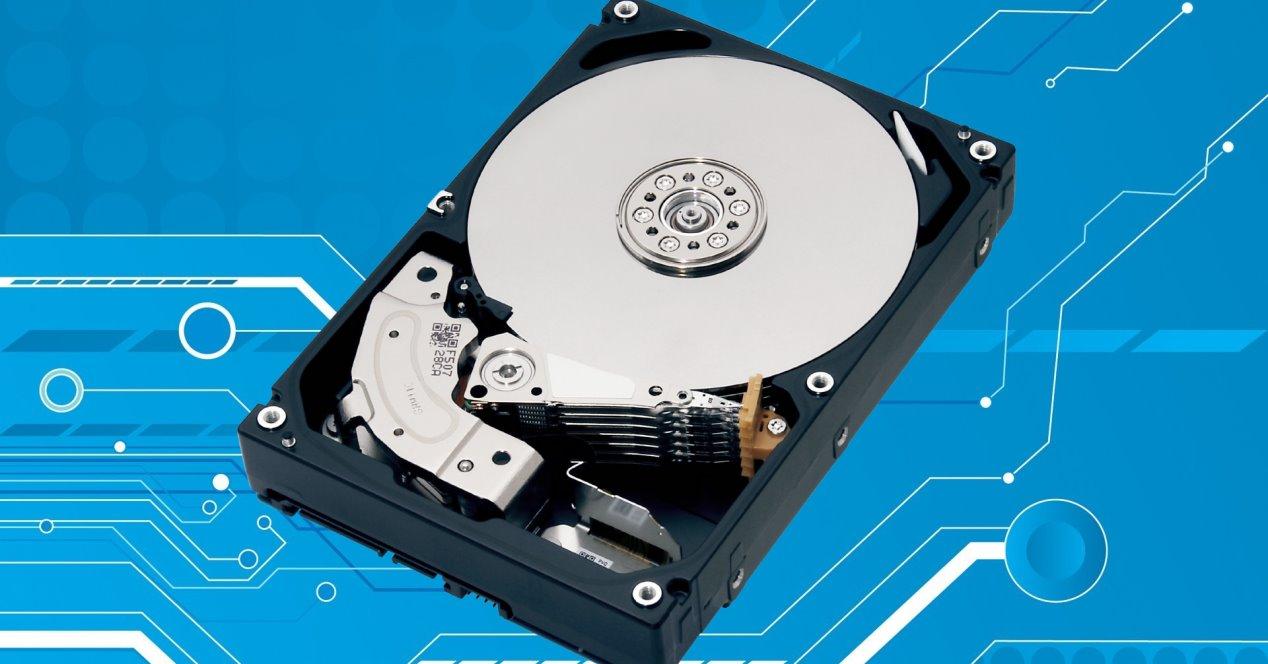We have been experiencing a sharp decline in sales of mechanical hard drives for years. Although WD, Seagate and Toshiba They work to improve their abilities and advantages, the truth is that the situation is unsustainable. Currently, they paint almost nothing in the general market and in the server and data center market, their days are numbered.
The hard drive market is dying
Everything in the IT segment has a life cycle, which lasts until something replaces it. In 2005-2006, mini laptops (also called netbooks) were very important in the market. These laptops with screens between 5 inches and 7 inches have been replaced by the tablet. Something like this happens with hard drives.
According to analyst Tom O’Malley of Barclays Bank, he released a research report on the hard drive market. The report highlights that during the second quarter, the the sale of these hard drives will drop by 6%.
It is not a positive scenario for this quarter and yearly the data is not better. In 2021, there was a 12% decline in hard drive sales, but by 2022 one is expected 15% reduction.
These hard drives have all but disappeared in consumer electronics and laptop computers. Other markets, such as servers and data centersthe decline in sales is remarkable.
This decline in sales will therefore affect the manufacture of storage units in particular. Something that would also have an impact on the manufacturer revenue
An apparent drop in sales and a reduction in production could lead to price increases. A sharp rise seems unlikely, but a somewhat noticeable increase in the price of hard drives is. Although WD, Seagate and Toshiba have been focusing more on the SSD market for a long time, in its different variants.
Exhausted market trying to save
Major hard drive manufacturers continue to develop new solutions to increase the capacity of these drives. We talk about capacities of 50TB or more, but the reality is that capacity is becoming less and less relevant. SSDs intended for the industrial sector (servers, data centers, etc.) are also gaining in capacity and read and write speeds are much higher.
Seagate, WD, and Toshiba have both been developing solutions for solid-state drives for some time. These mythical hard disk manufacturing companies are increasingly interested in other sectors.
We don’t know when, finally, the death of mechanical hard drives will be pronounced. At the user level, both on PCs and laptops, we can already say that they have disappeared or practically. On consoles, they have completely disappeared and will never return. They only last in the NAS, within the home sector.









